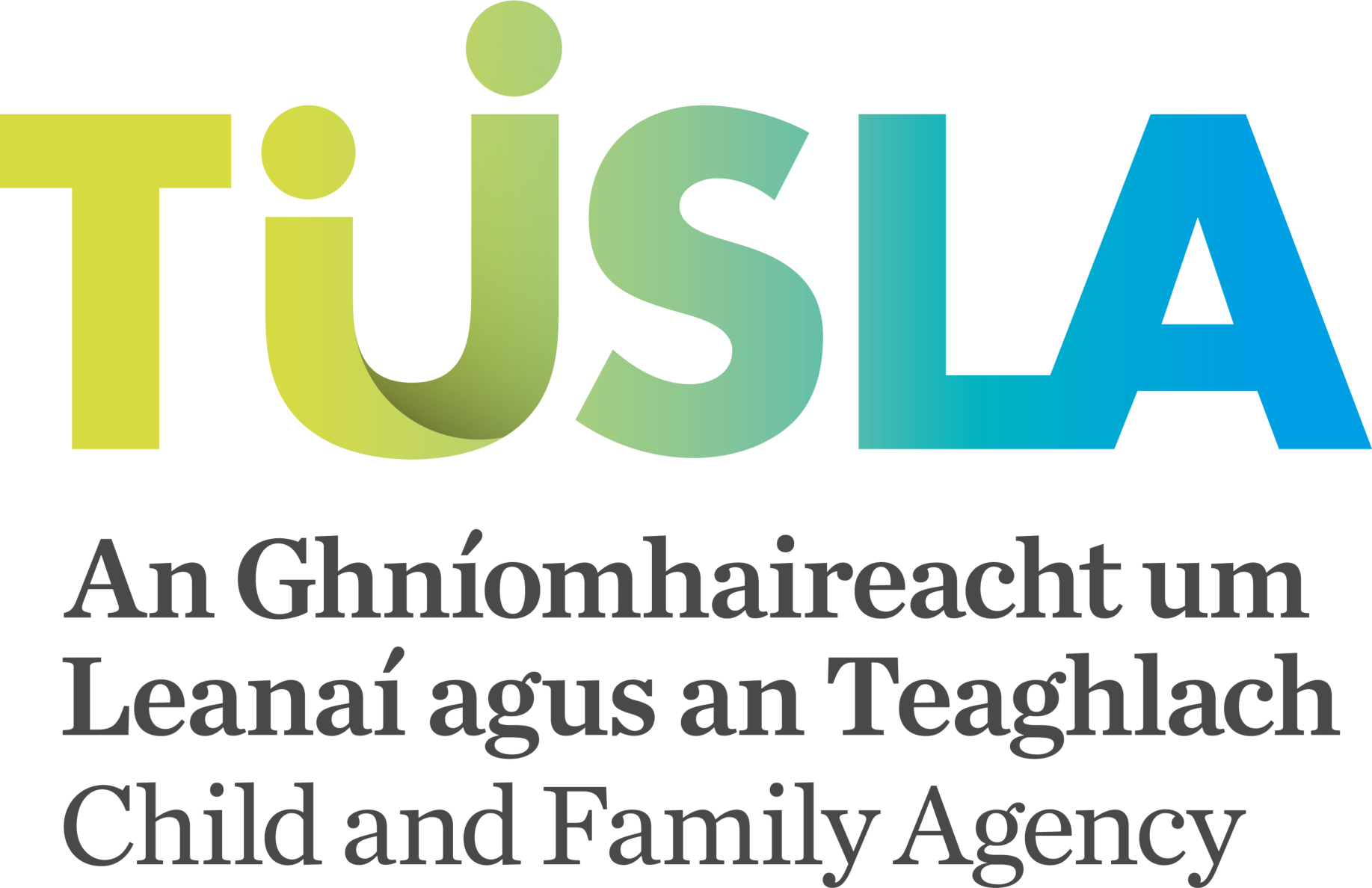It is important to be open about your own feelings, anger and anxieties. The loss of your baby can be a lonely and frightening experience. Communicate how you feel with your partner, family or close friends. Some of us find great help and comfort in our own families. In some cases families can offer comfort and care that others cannot.
It helps to remember that what you are experiencing happens to many women. In fact, approximately one in every five pregnancies end in miscarriage. The Miscarriage Association of Ireland provides telephone and email support and group support meetings. Talking to someone and sharing your story with someone who has been through a similar loss can really help you feel less alone and isolated.
 Donate
Donate

